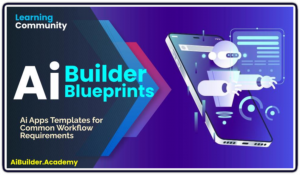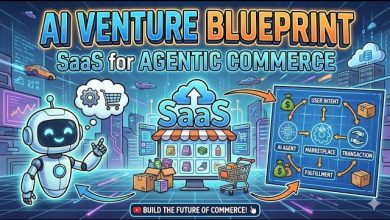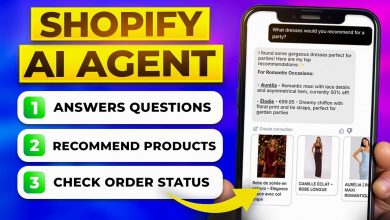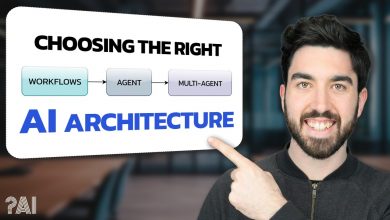 Creating a Shopify AI assistant with the Google Agent Development Kit (ADK) involves designing a sophisticated system that integrates artificial intelligence with Shopify’s e-commerce platform to enhance customer interactions and streamline store operations.
Creating a Shopify AI assistant with the Google Agent Development Kit (ADK) involves designing a sophisticated system that integrates artificial intelligence with Shopify’s e-commerce platform to enhance customer interactions and streamline store operations.
The process centers on leveraging ADK’s multi-agent framework to build specialized agents that handle tasks such as product searches, order management, customer support, and personalized recommendations.
These agents, powered by large language models like Google’s Gemini or compatible models via LiteLLM, work collaboratively to process user queries, interact with Shopify’s APIs, and deliver seamless user experiences.
Shopify APIs
The architecture begins with a root agent that orchestrates task delegation, routing user requests to appropriate sub-agents based on their expertise. For instance, a product search agent queries Shopify’s Product API to find items matching customer criteria, while an order management agent handles tasks like placing orders or tracking shipments.
Conversational memory, enabled through ADK’s session services, ensures the assistant retains context across interactions, allowing for personalized responses, such as recalling a user’s previous searches to facilitate order completion. Integration with Shopify’s ecosystem requires secure API access, achieved by setting up a custom app in the Shopify Admin with appropriate permissions for accessing product, order, and customer data.
To provide a user-friendly interface, a web-based front end, such as one built with Streamlit, enables customers to interact with the assistant via text or potentially voice, with the latter supported by ADK’s audio streaming capabilities.
Deployment
Deployment options range from local testing to scalable cloud solutions like Google Cloud Run or Vertex AI, ensuring the assistant can handle varying traffic levels. Additional enhancements, such as incorporating external tools like Tavily for real-time market trend analysis or enabling customer account authentication for accessing protected data, can further elevate functionality.
The development process requires careful consideration of Shopify’s API rate limits, complex user query handling, and scalability needs, which can be addressed through caching, clear agent instructions, and robust cloud infrastructure.
By combining ADK’s agent orchestration with Shopify’s e-commerce capabilities, the resulting AI assistant can transform customer engagement, offering a tailored, efficient shopping experience while automating key store operations.



